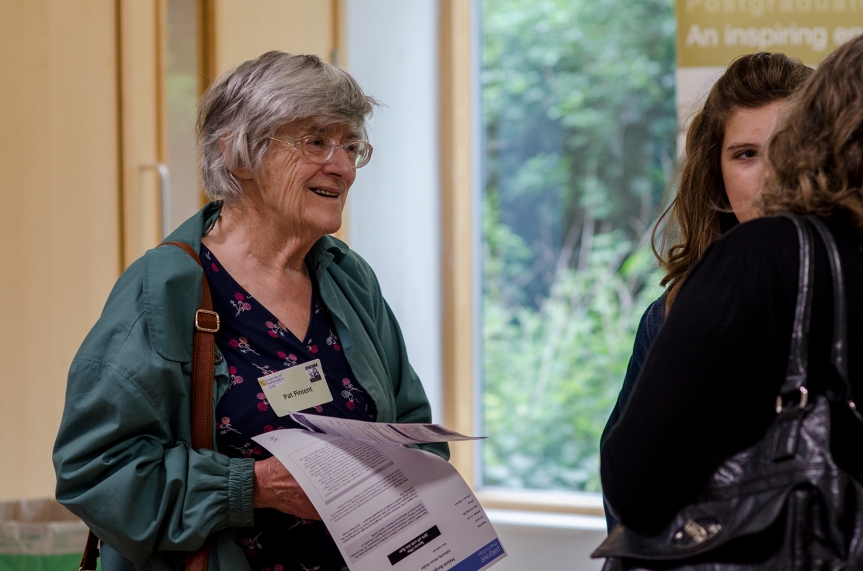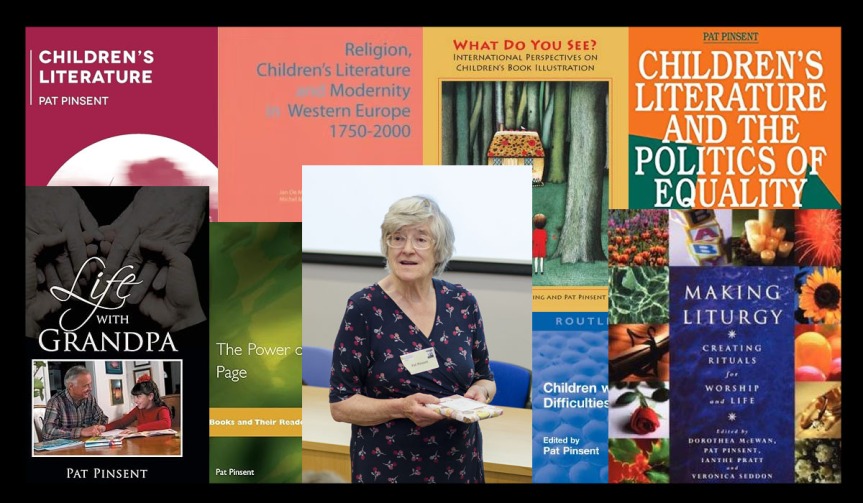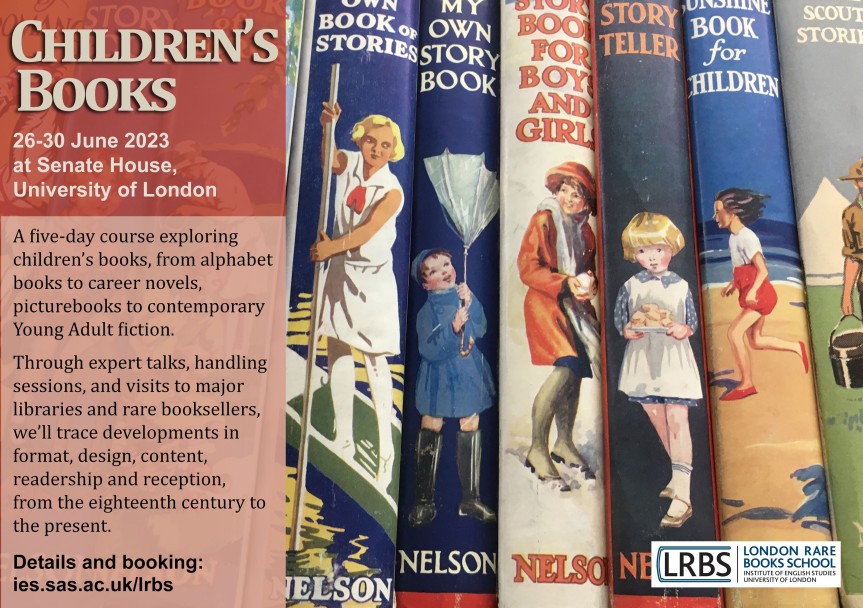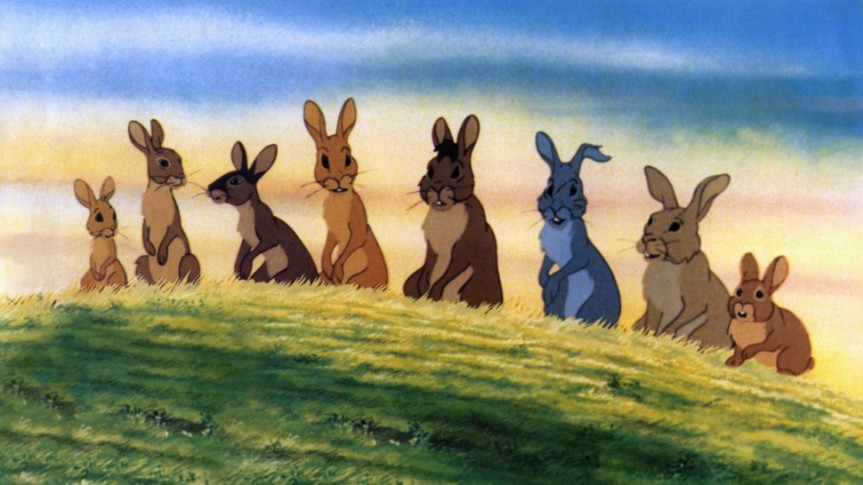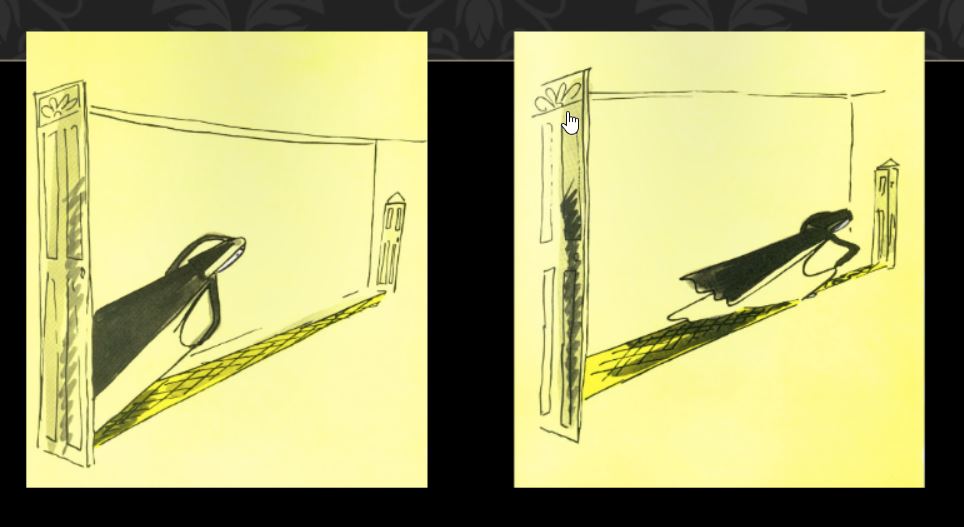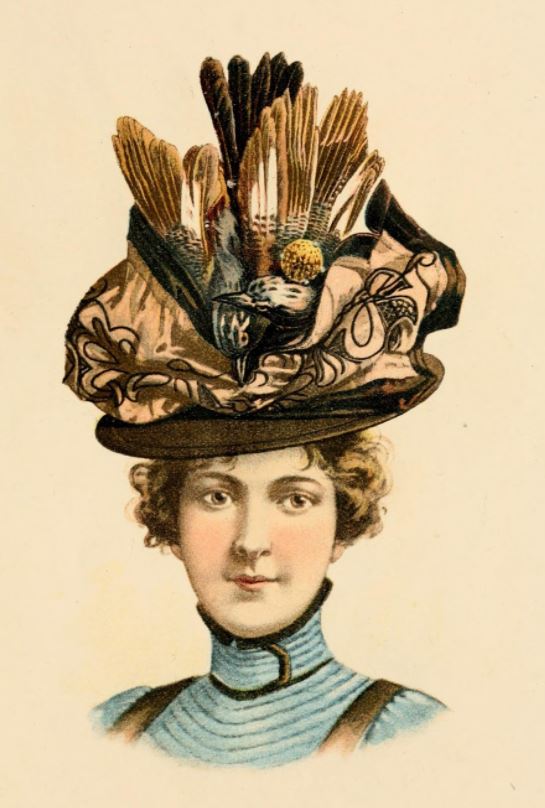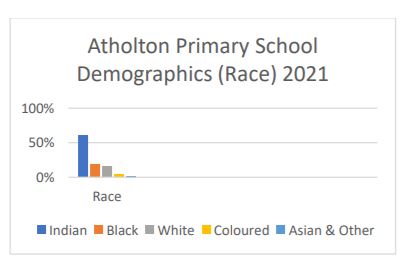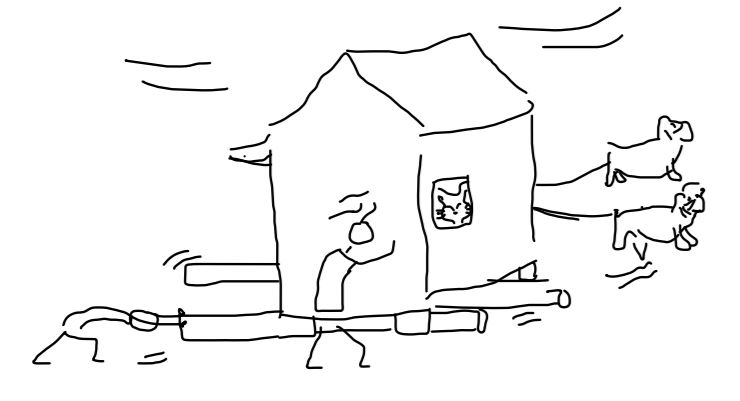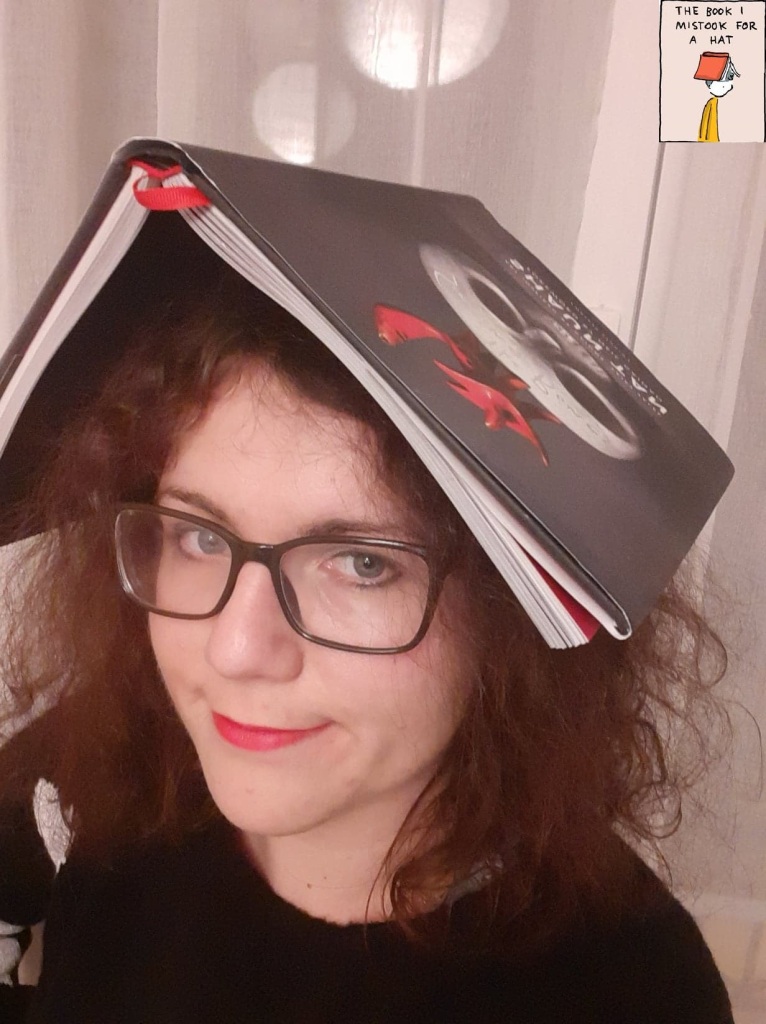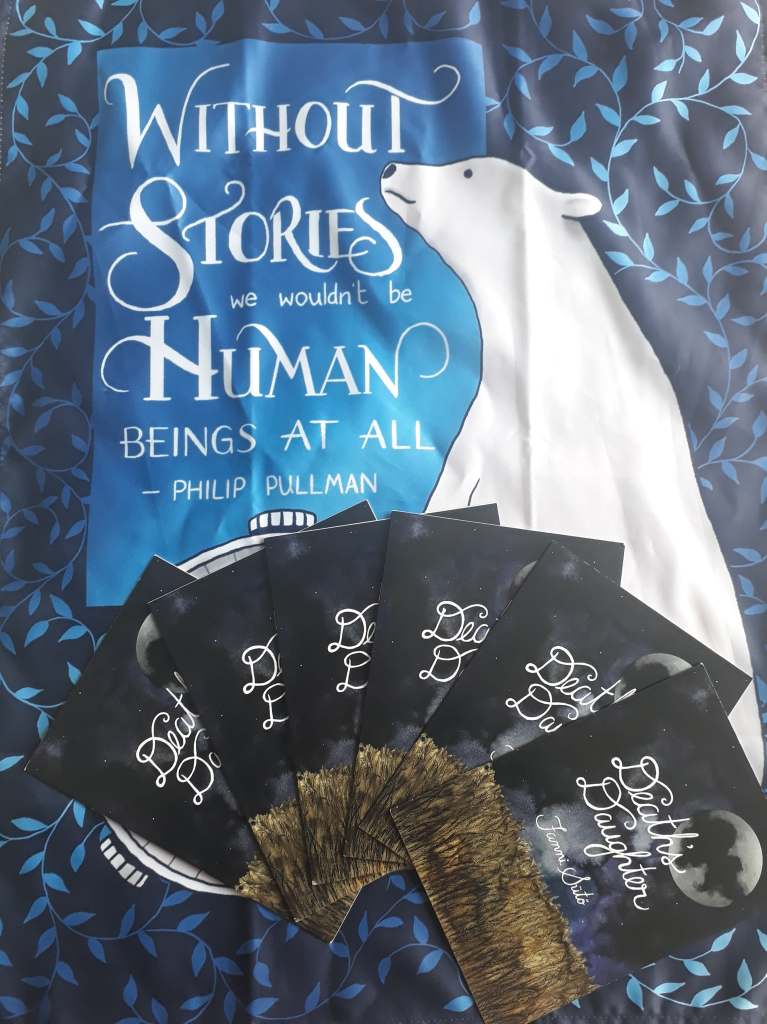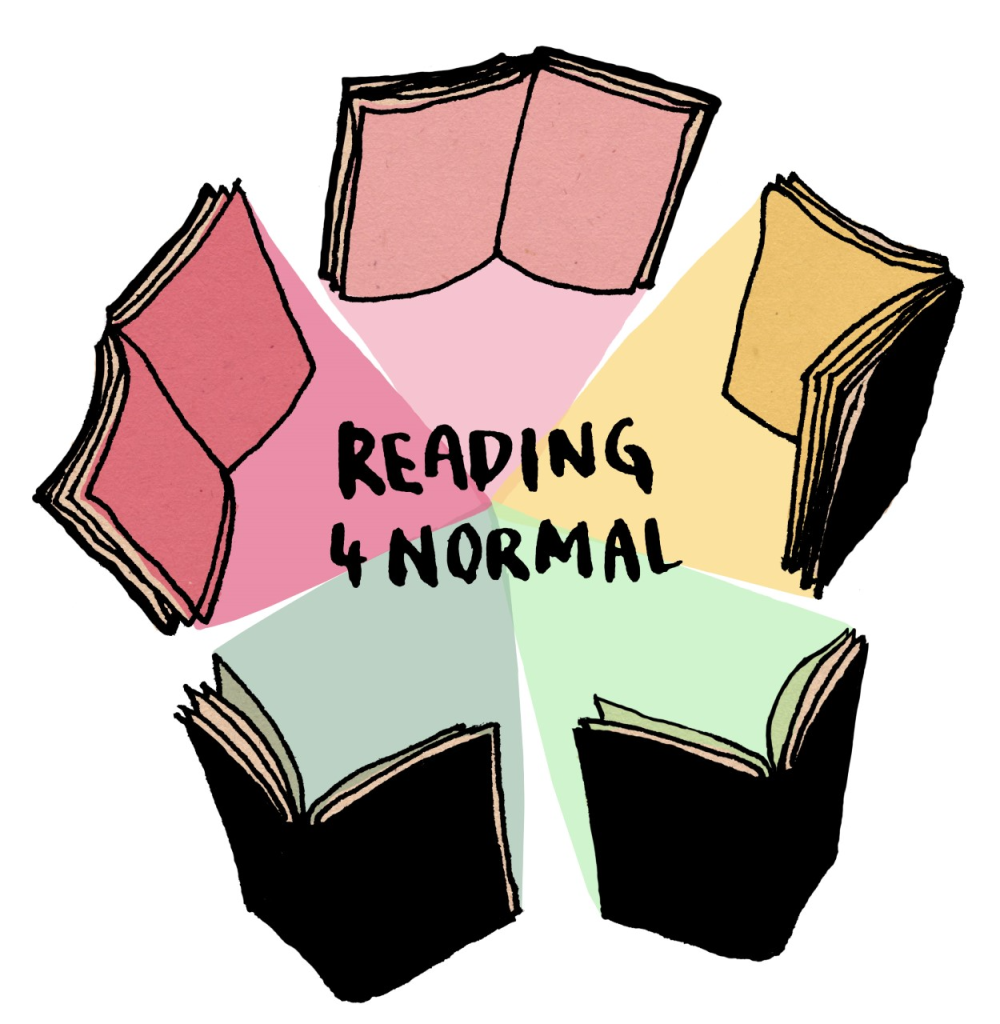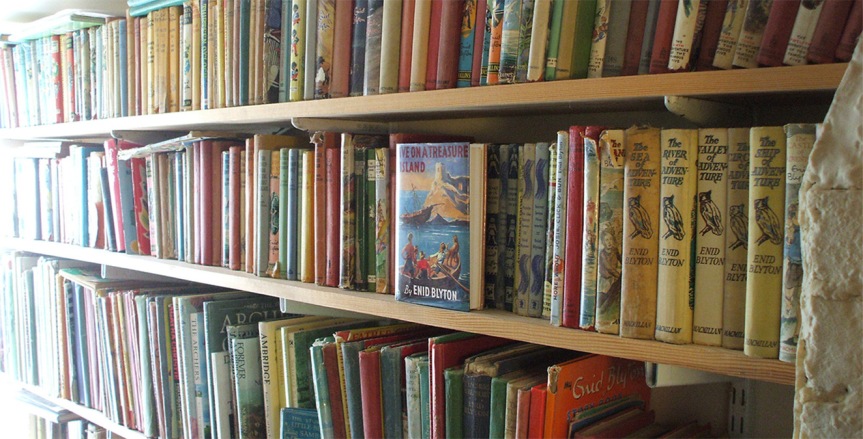
Following the recent BBC Culture Children’s Book poll, we are inviting University of Roehampton staff and students and the wider NCRCL community to vote for their Top 5 children’s books.
BBC Culture Survey Overview
BBC Culture recently conducted a poll to find the ‘greatest children’s books of all time’ and the results were published in May 2023.
Dr Lisa Sainsbury—Associate Professor in the School of Arts Humanities and Social Sciences—was invited to take part in the survey and to nominate her Top 10 children’s books. Although the task is clearly impossible and highly subjective, she couldn’t resist the challenge. You can find out which books she selected here.
One of Dr Sainsbury’s chosen books made the Top 20 and you can see what she has to say about Philip Pullman’s Northern Lights (1995) here.
Roseanna English, a recent BA English Literature graduate and recipient of a University of Roehampton internship this summer, has been working with Dr Sainsbury to promote the MA Children’s Literature (Distance Learning) programme. As part of her role, Rosie read the Top 10 surveyed children’s books and is releasing TikTok videos on each of them to coincide with our upcoming children’s literature conference on 17th November 2023 (details below). Please follow us on TikTok to see what she has to say: https://www.tiktok.com/@roehamptonenglish
University of Roehampton’s Favourite Children’s Books: How to Take Part
In the run up to our 17th November NCRCL conference we are inviting colleagues and students from across the University of Roehampton and the NCRCL to vote for their Top 5 favourite books from the international field of children’s literature. We will announce the results at our conference and will share them online soon after. We will follow the same guidelines as those provided by BBC Culture.
When choosing the children’s books you want to vote for, please follow these guidelines:
- Think about books mostly read by children 12 and under, but you can nominate any book that you think is aimed at children.
- Books of any genre count (including picture books).
- The books might be ones you enjoyed as a child or books you enjoy reading to children – or they can be books you appreciate from a purely artistic point of view.
- We’re counting individual books, not whole series e.g. vote for The Lion the Witch and the Wardrobe, not the whole Narnia series.
- We want to reflect and celebrate children’s books from every nation and region, so we would like to encourage each voter to consider books from a variety of countries, and in different languages. The only requirement is that they must have been published (not self-published) in at least one country.
Please vote for your favourite children’s books here.

